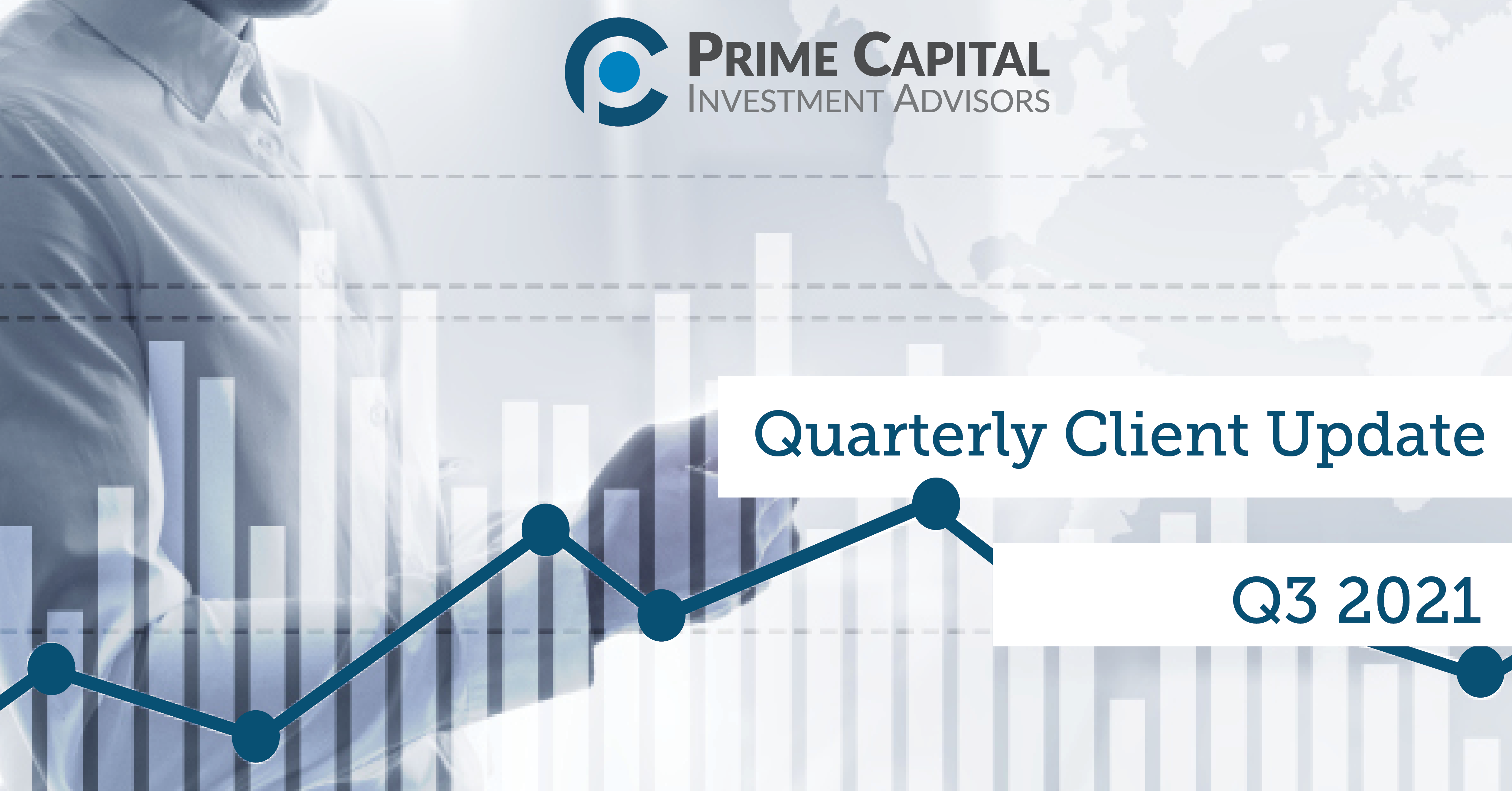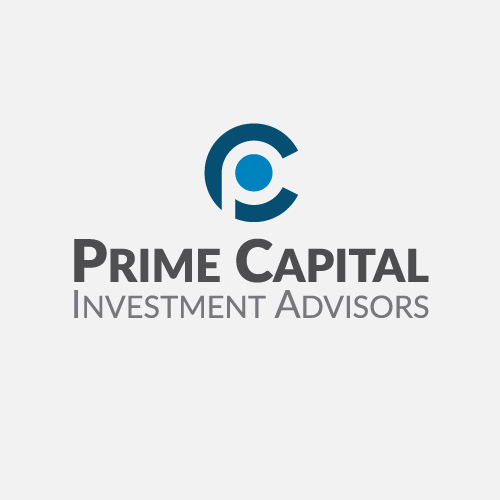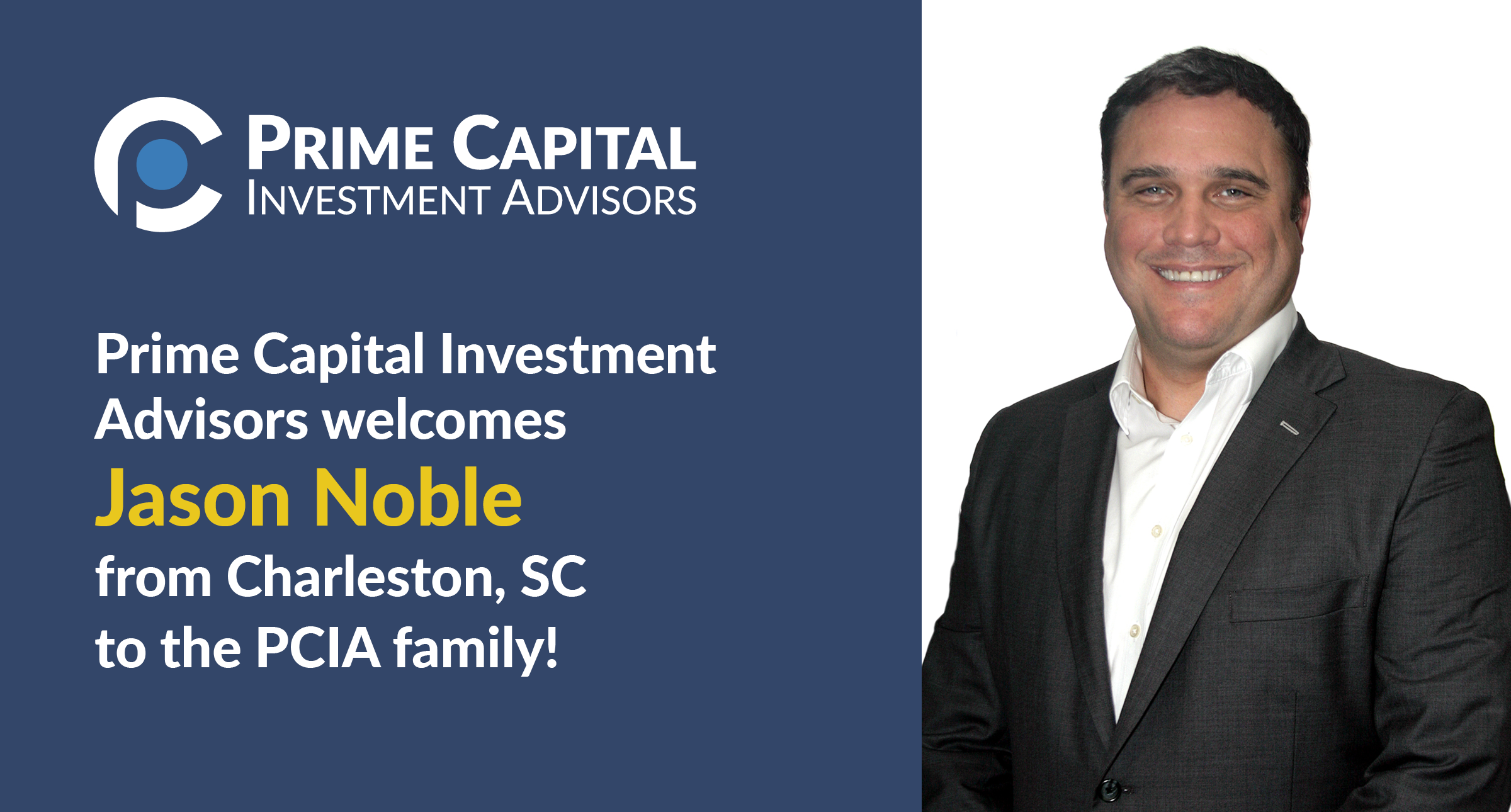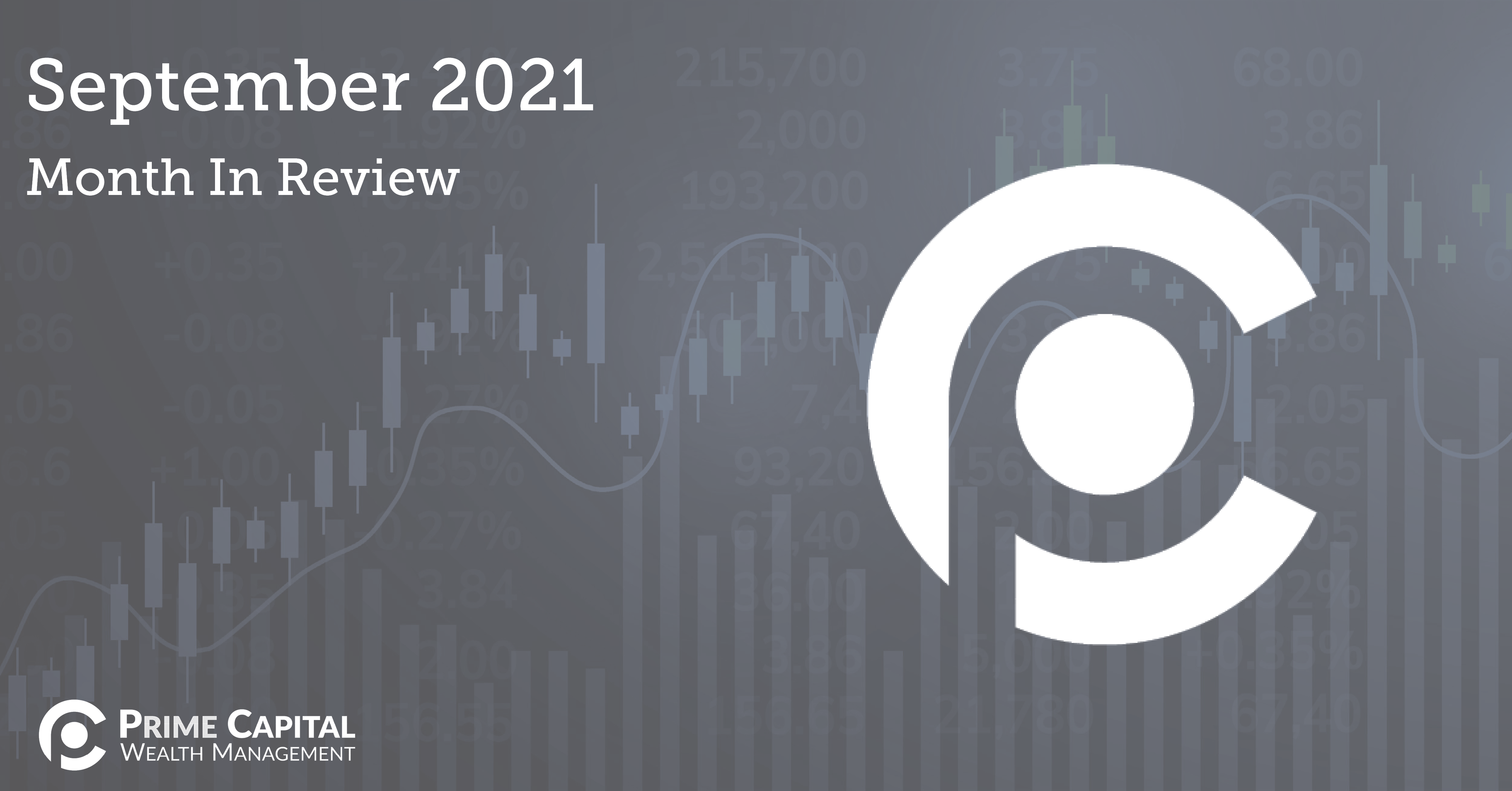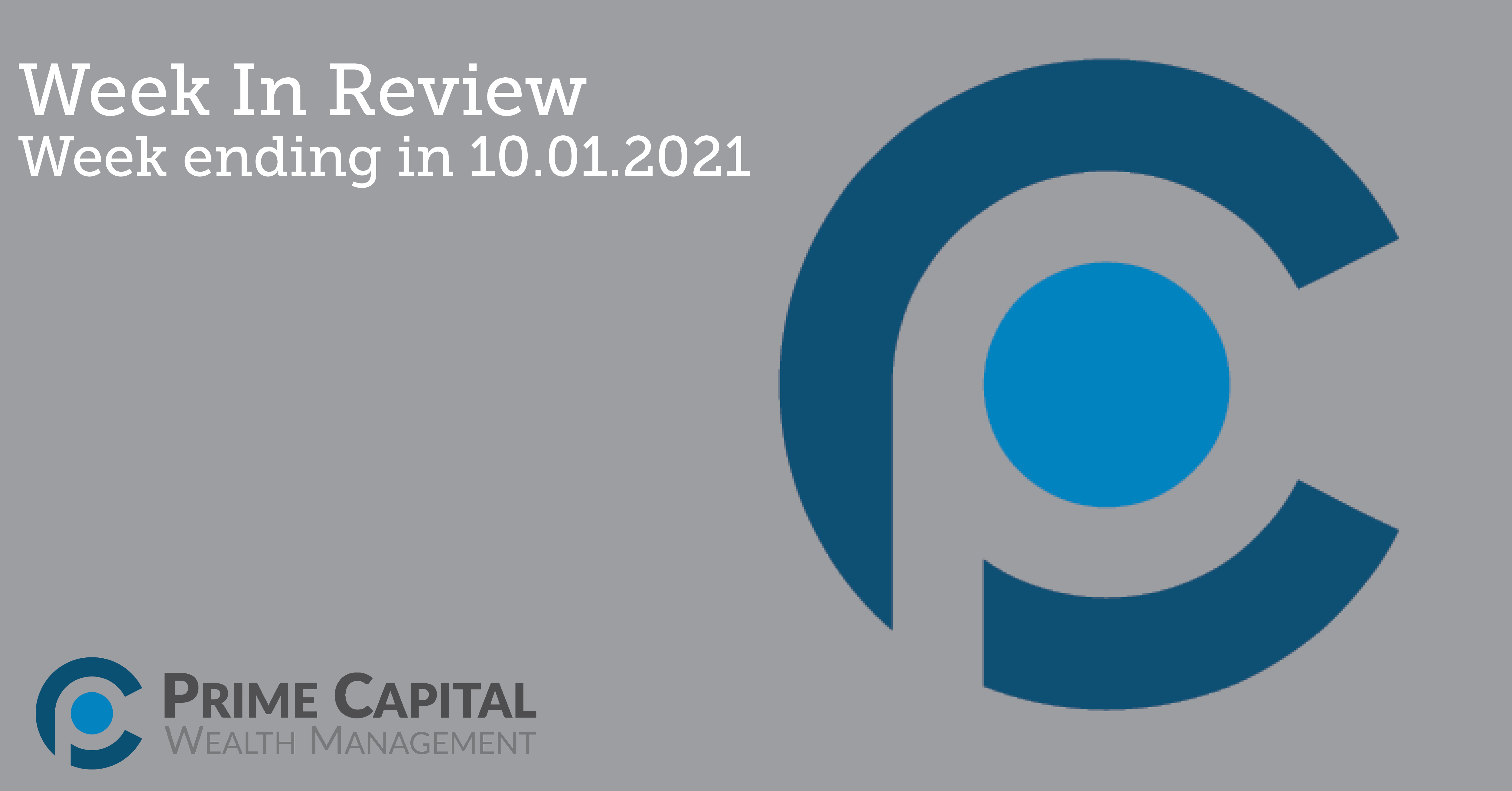School is back in session, and kids are back in the classroom, but they shouldn’t be the only ones getting an education right now.
Financial Planning: Financial advisors building up holistic planning capabilities
Before Jason Noble left his old firm to join Prime Capital Investment Advisors six months ago, he was frustrated by how antiquated some of the industry’s tools are. As the 18-year veteran advisor landed his new job as managing director of the firm’s South Carolina Operations, he had visions of implementing something better.
So he decided to spearhead an effort to bring in a series of digital tools, including Riskalyze, an interactive software to help financial advisors analyzing investors’ risk tolerance, and eMoney, an aggregated portal for client’s financial data to better quantify and understand their financial situations.
Noble is one of the advisors in the growing retail wealth management world trying to incorporate new technology and resources to streamline the firm’s holistic planning capabilities, as the industry expands by 22% and has attracted more than $900 billion in net new assets in 2021, according to a recent report by Broadridge. Forty-nine percent of advisors were optimistic about expanding their holistic planning capabilities, according to the report.
Unlike traditional broker-dealers and wirehouses, which have had long cultures of “give me your money and good luck with everything else,” according to Noble, holistic planning covers all the financial decision-making in a client’s lifetime — from paying off student debt to minimizing taxes and maximizing income needs in retirement.
“I think holistic planning is where you’re able to help your clients navigate any question or situation that involves a dollar sign,” Noble said. “It is not like a robo advisor, who can never answer your questions such as ‘why do you have 33% of my money in international investments?’ We have a higher level of responsibility to clients as the fiduciary in a holistic way, as we examine their portfolio constructions coupled with their investment plan, corporate tax plan, retirement plan and income sources distributions.”
Holistic financial planning is in demand even among highly educated professionals as people deal with all types of complexities in their financial lives. Noble’s clients include a 30-year veteran fund manager with $300 billion in assets under management, a New York University professor who came to him for advice on tax planning and high net worth individuals trying to optimize their transfer of wealth to the next generation.
Some financial advisors build up their holistic planning tools by leveraging their advantages. Chris Powers, senior vice president and managing director of relationship development at Girald Advisory Services, said the firm is expanding planning services to small business owners to provide them with credit lines, employment benefit planning and insurance planning.
“We are in a unique situation because we actually are a subsidiary of a bank, Univest. So we have access directly to lending products,” Powers said.
Expanding SMAs
For firms specializing in holistic planning, separately managed accounts (SMA) have become more popular as 46% advisors are expecting to increase their usage in the coming years, according to the Broadridge report.
“I think as people move up the value chain, advisors start bringing in bigger clients,” Powers said.
The high level of customization of an SMA is especially appealing to high net worth clients, who might have strategic investment planning such as an options overlay or a concentrated stock position, Powers said. Financial advisors can bring in a separate account manager to conduct a currency hedge for one of the large clients.
Those clients with net worths over $5 million also have special needs and require more advanced planning, said Lisa AK Kirchenbauer, founder and president of Omega Wealth Management, whose firm generates 58% of its revenue from high net worth clients.
“They’re not really worried about retirement. They’re more concerned about tax planning, legacy of planning and transfer of wealth,” said Kirchenbauer.
But some advisors shied away from SMAs because of the relatively high management fees. Fee structures vary from firm to firm — they can range from 25 basis points to 1.5 percent of assets under management, in addition to the internal fees of the holdings, according to industry insiders.
“We can replicate what a nice SMA would do with the technology that we’re using, without having to pay the SMA manager,” said Patrick McGrory, CEO and private wealth manager at Liberty Point Advisory.
ESG Boom
Many financial advisors are also trying to cater to their clients’ growing interest in ESG investments, whose net flows increased by $24 billion during the fourth quarter of 2021, bringing in a total of $89 billion in 2021, according to the Broadridge report.
The ESG wave is mainly driven by the younger generation, who are much more socially conscious of how and where they spend their money and are looking for more meaning in their investment decisions.
“ESG is such a big net with scorecards out there and a lot of the money management firms,” said Powers, “For a client who doesn’t like refined oil, there’s two schools of thought there: Do you not want to reward the oil company that pollutes the lease? Or do you just not want to buy any company in that industry? Defining what is important to the client is a tough job, and you get that by knowing your client really well. ”
As a comprehensive and dynamic approach to financial planning, holistic decision making requires not only a quantitative lens but also a deep understanding of values, lifestyles, goals, purpose in life and family relationships, said Marta Ferro, managing director at Angeles Wealth Management.
“You need to have a finance and particular investment background, get up to speed quickly, have a team of experts in different fields, and be able to synthesize a lot of information,” said Ferro. “But first of all, you need to take a step back and be a human.”
March 28, 2022, 1:35 p.m. EDT
Prime Capital Investment Advisors Hires Scott Duba as Chief Investment Officer and Managing Director, Wealth Management
Prime Capital Investment Advisors (PCIA) announces the hiring of Scott Duba, CFA as its Chief Investment Officer and Managing Director, Wealth Management.
Q3 Quarterly Client Update
As we turn our calendars from the hot summer to temperate fall months, risk assets have started to cool with the weather, with volatility re-emerging in markets. Equities began the quarter by continuing their upward trend and breaking through record highs, driven by a dip in interest rates and robust corporate earnings reports.
Prime Capital Investment Advisors Recapitalizes as Adviser-Owned Partnership
Overland Park-based Prime Capital Investment Advisors recapitalized itself by offering an ownership stake to its financial advisers, adding 88 new partners on Friday.
Jason Noble, CFP, RICP, Joins Prime Capital Investment Advisors
Prime Capital Investment Advisors (PCIA) is pleased to announce Jason Noble, CFP®, RICP®, of Charleston, S.C., has joined the firm. Noble’s addition establishes a new presence in the Charleston market for PCIA. With nearly two decades of financial services experience, Noble is excited to bring his skills and expertise to the PCIA team.
Prime Capital Investment Advisors Recapitalizes as Advisor Owned
PCIA believes its unique business model will continue to propel it forward
Month-in-Review: September 2021
Risk assets hit a speed bump. September ended deeply in the red for risk assets as global growth concerns began to weigh on the market. September is the first negative month since January and the worst month since March of 2020.
Week-in-Review: Week ending in 10.01.21
Equities had their worst day since March of 2020 on Tuesday and losses continued until Friday. Domestic equities rose on Friday, but international equities fell further.


